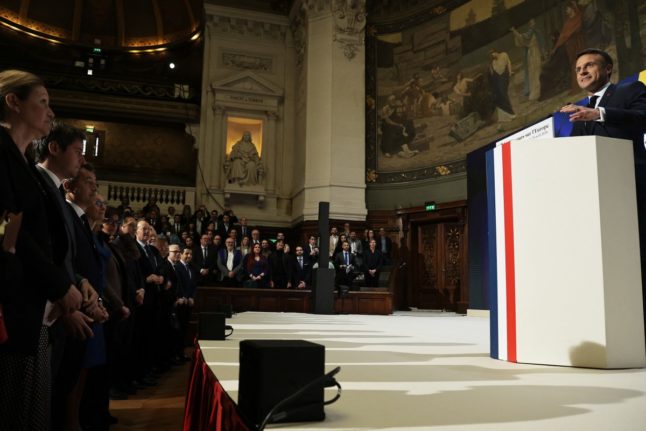A recent poll by Ifop shows that rightwing voters have less sex and are more faithful than their leftwing counterparts.
Supporters of rightwing president and candidate Nicolas Sarkozy have sex 6.7 times a month, compared to 7.6 times a month for supporters of Socialist François Hollande.
The poll also shows that leftwing voters are more experimental when it comes to sex. 81 percent of leftwing women say they have performed oral sex compared to only 69 percent of rightwing women. Similarly, leftwing voters are more likely to perform anal sex. 55 percent of leftwing interviewees say they have experienced with anal sex in the past compared to only 45 percent for rightwing supporters.
Interestingly, it appears that voters who support anti-system parties are less satisfied with their sex life than more centrist voters. 35 percent of interviewees who support far-left leader Jean-Luc Melenchon say they are dissatisfied with their sex life, compared to only 22 percent for Hollande supporters. 31 percent of supporters of Marine Le Pen also say they don’t get enough action under the sheets.
Pollsters however warn that while patterns emerge regarding sex across the political spectrum, it also appears that the results correspond to different age groups. Supporters of Nicolas Sarkozy are older than the supporters of François Hollande – this might explain why their sex life is less intense and more stable.
However the poll does make a clear link between sex and politics when it comes to partner swapping. It appears that far left voters are twice as likely as other voters to swap partners. 10 percent of far left voters swap partners compared to 5 percent for the rest of the population.
Authors of the Ifop study conclude that the far left approach to property might explain this behaviour. “It’s as if their stance on property issues made them more likely to favour swapping partner,” Ifop noted.



 Please whitelist us to continue reading.
Please whitelist us to continue reading.
Member comments